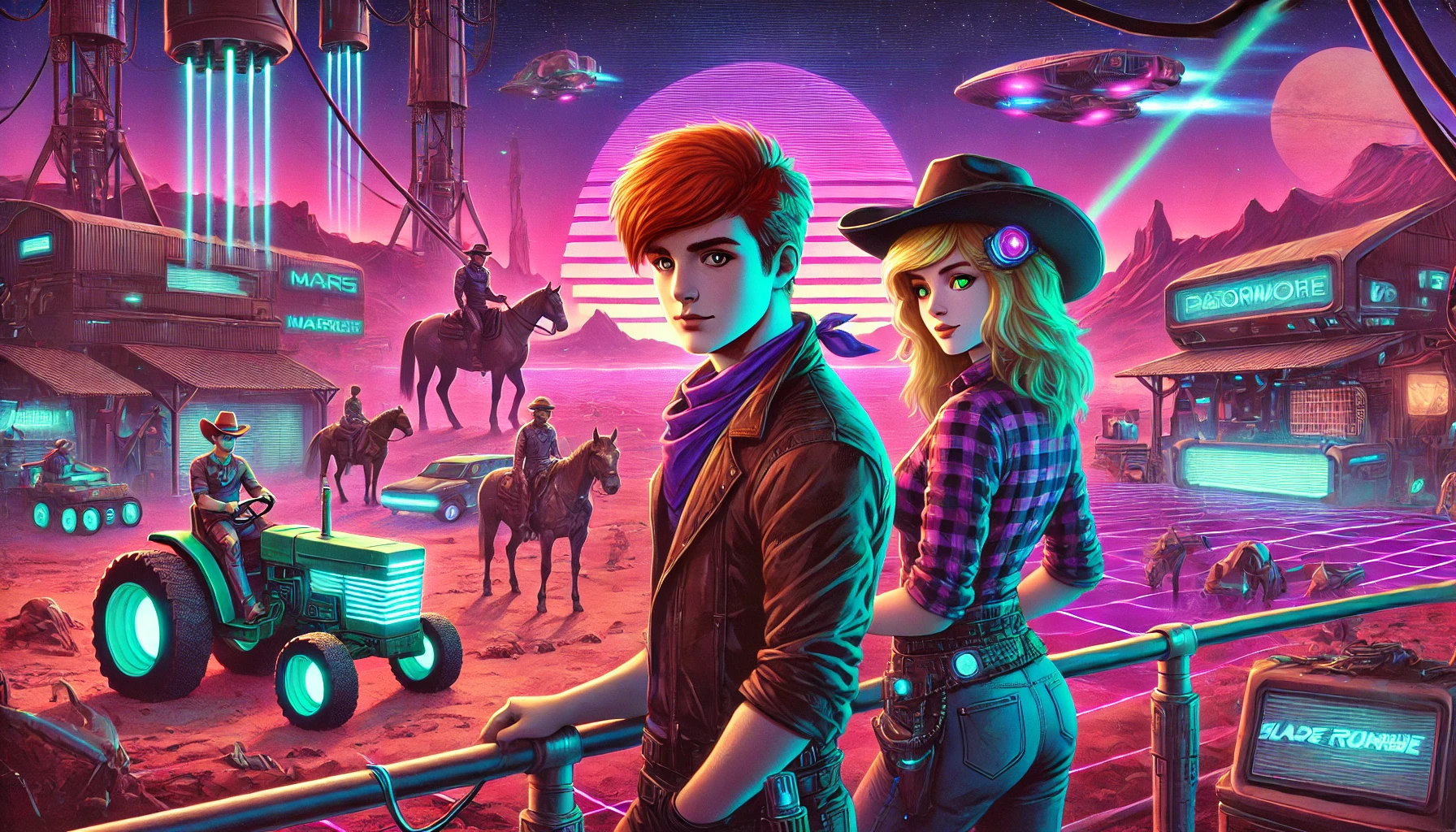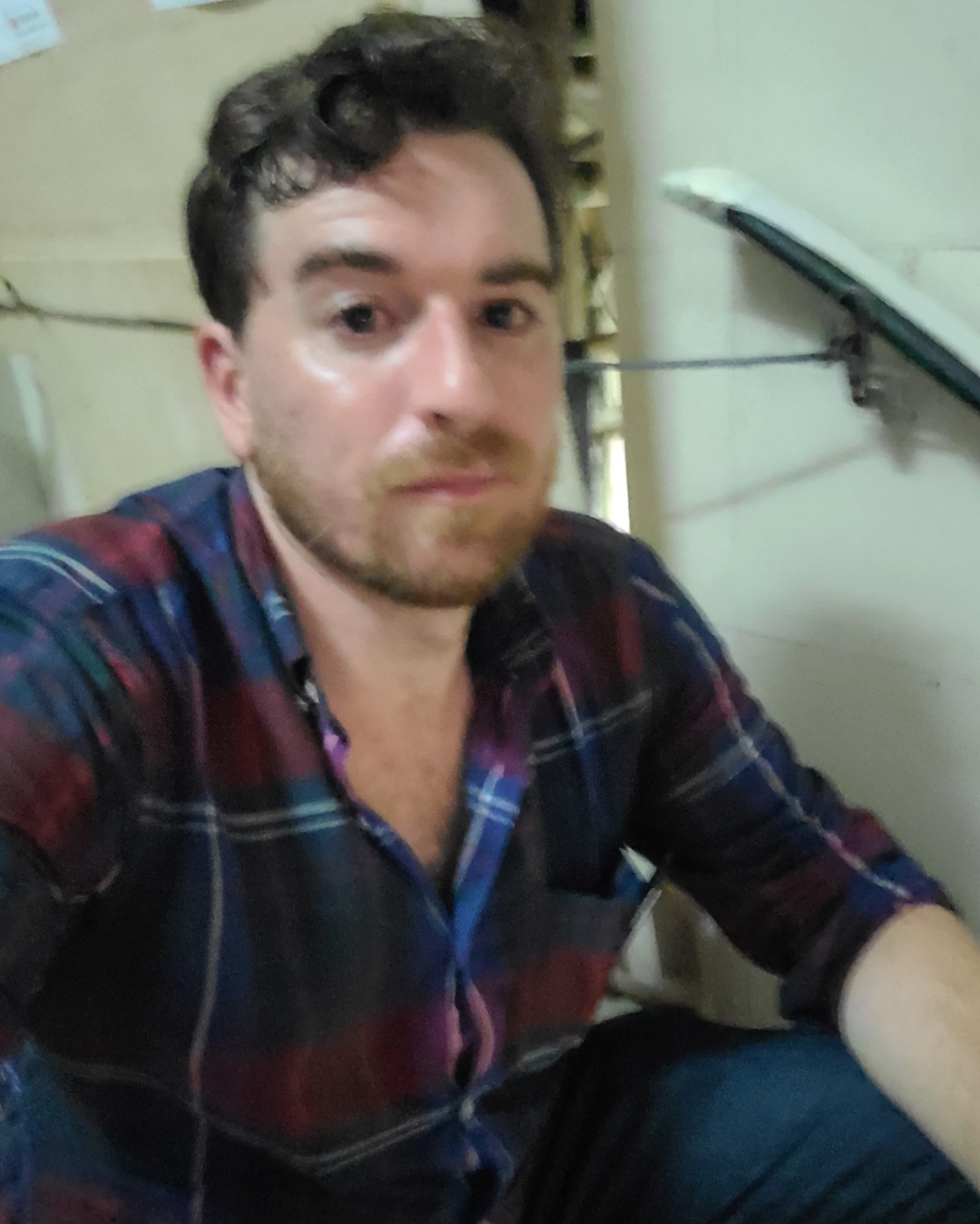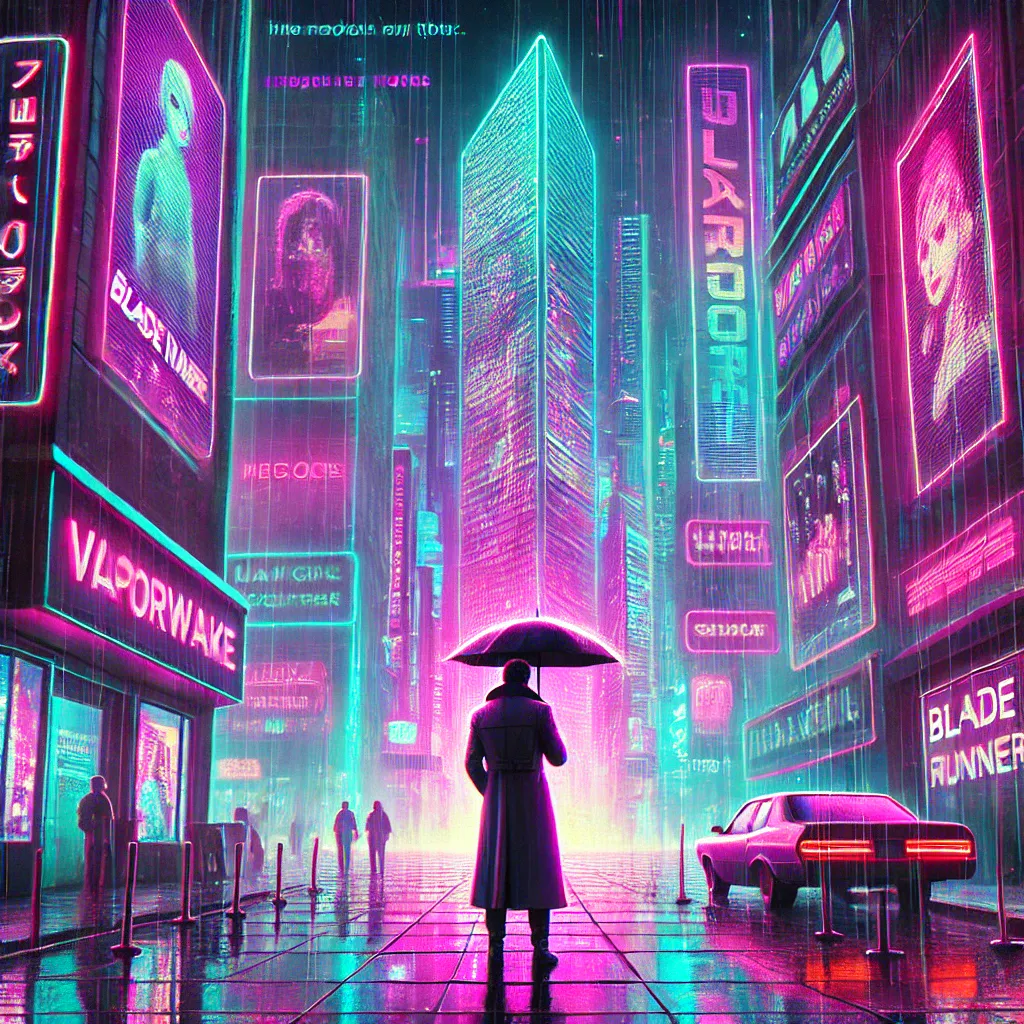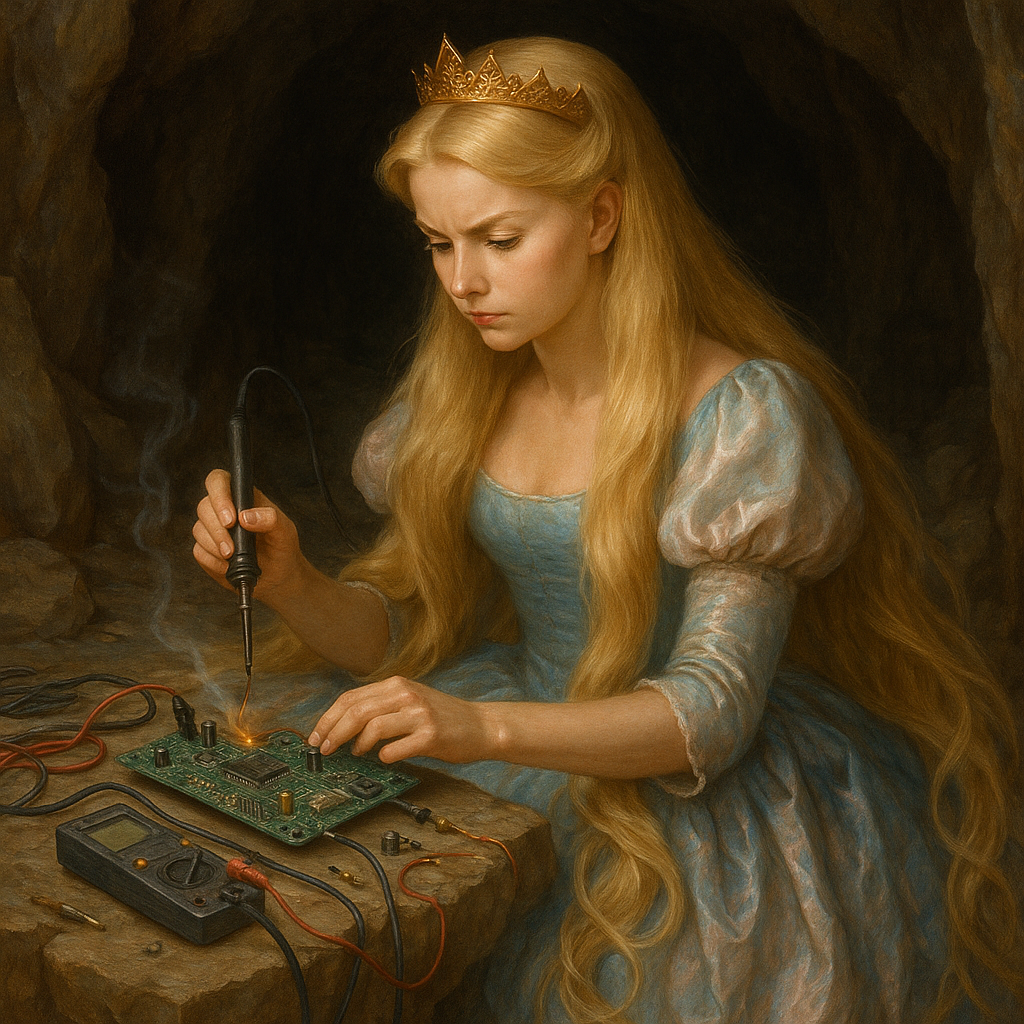illphated
She didn’t scream when she was born—Europa babies don’t. The ammonia-thick air and the gravity-sick lights don’t inspire the same kind of entrance songs as Earth-born infants. But she opened her eyes too soon, stared too long at the filtration vents, and frowned. As if she’d expected something better.
She was small, quiet, and always watching. Not in that precocious way adults find adorable. No, she watched the world like it had made a promise and broken it before she got here. The ice outside the dome walls stretched for miles, cracked like old porcelain, and beneath it: an ocean full of secrets and silence.
By the time she could talk, she was asking questions no one wanted to answer.
“Why don’t we fix the oxygen scrubbers instead of pretending they work?”
“Why is everyone sad but smiling?”
“What’s the point of growing food that makes us sick slower instead of growing better food?”
She wasn’t trying to be rude. She was trying to understand. And the adults—those tired, slow ghosts of colonists—had forgotten what it meant to try.
But she hadn’t. She started fixing things. Little things at first. Broken LED strips in the sleep pods. Glitchy comms on the shuttle deck. Then bigger things. She reprogrammed an old maintenance drone to clear ice from the solar array before the next eclipse. It shouldn’t have worked. It did.
They didn’t thank her. Not really. Just looked at her like she was a problem. A reminder that the world could be better if they’d just stopped settling for the way things were.
She didn’t stop.
Every night she walked the edge of the dome, staring out across Europa’s icy plains, watching the storms roll in from Jupiter’s shadow. She’d whisper to the frozen dark, “I know this isn’t the right world. But it’s the one I got. And I’m not done fixing it.”
One day, she vanished. Left behind a journal—ink-stained, patched together with reclaimed thermal tape. The last page read:
“If this place won’t be kind, then let me teach it how. One bolt, one circuit, one quiet act of rebellion at a time.”
They say you can still see her silhouette sometimes, out by the old relay tower, soldering something under the flickering stars. Or maybe that’s just what hope looks like when you’re finally ready to stop giving up.
EmailURL







2xwrap
n7ebwy
xhy3as
g1qf32
2ogd2z
cu6g1x
popkhu
t435aa
rszcfy